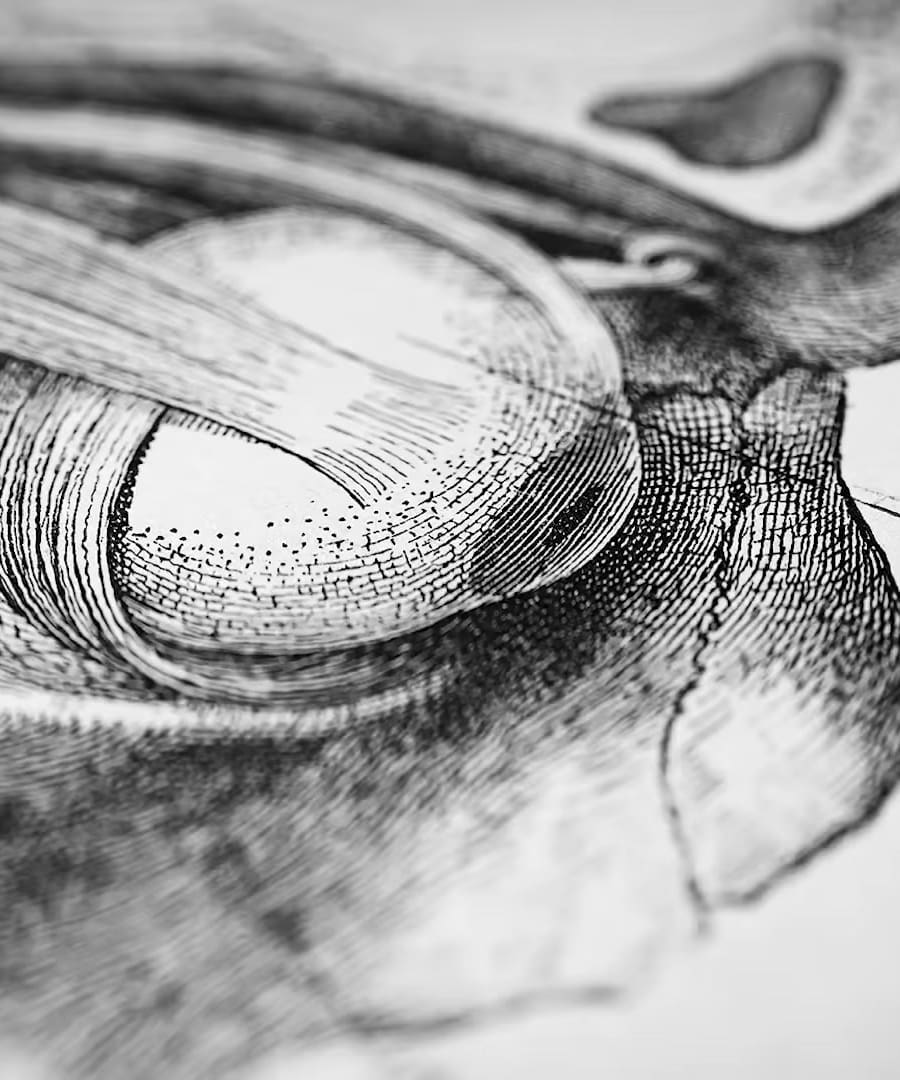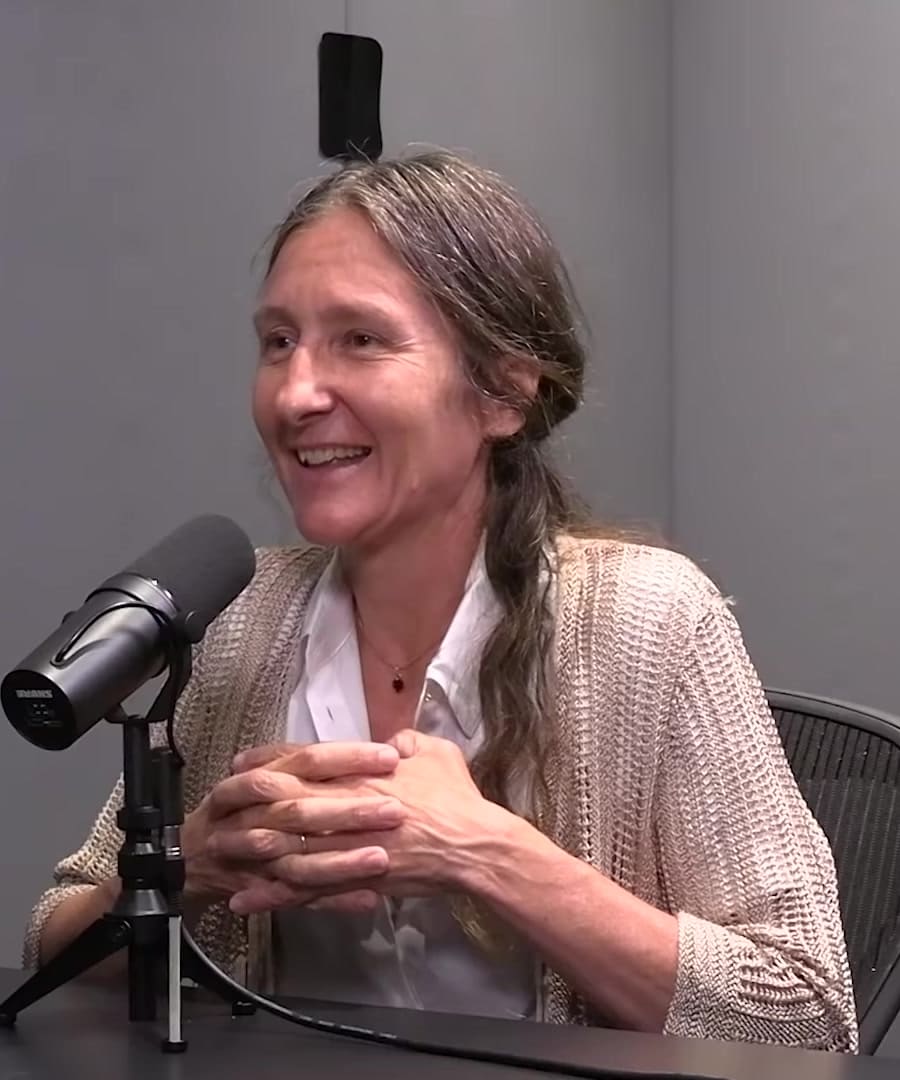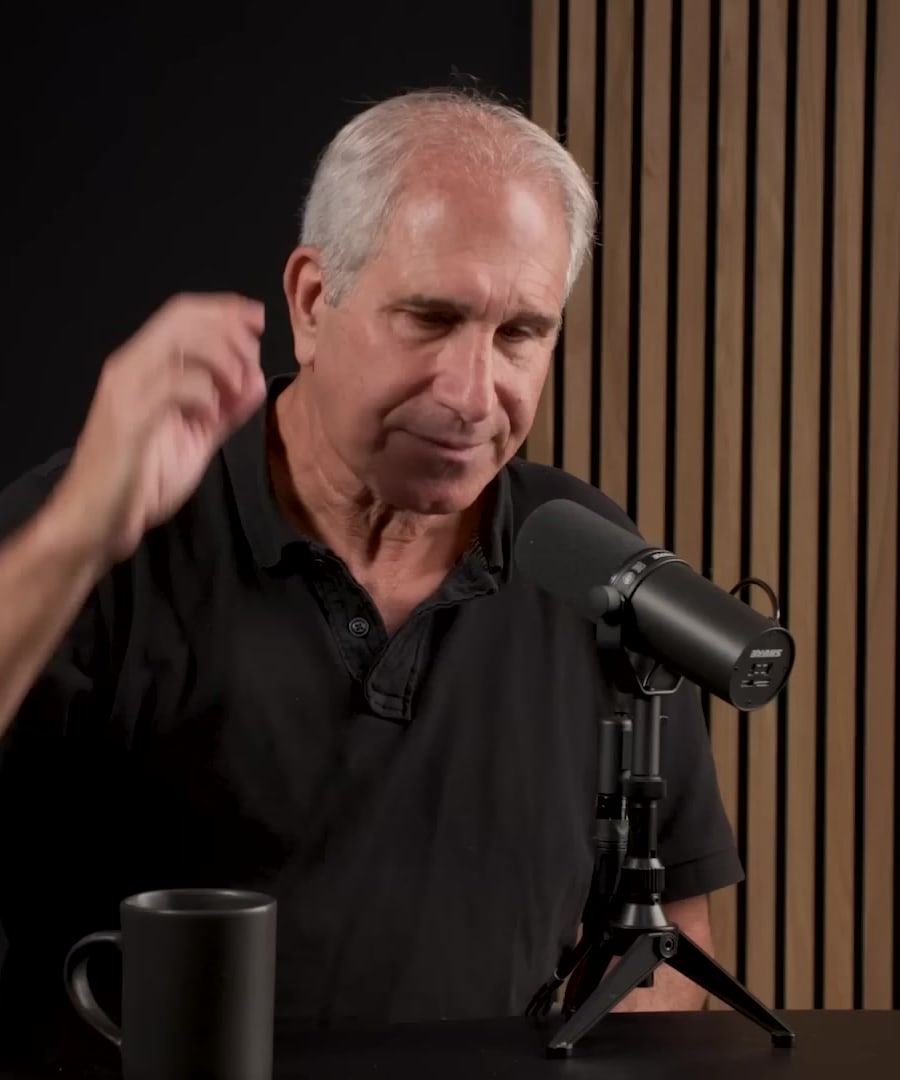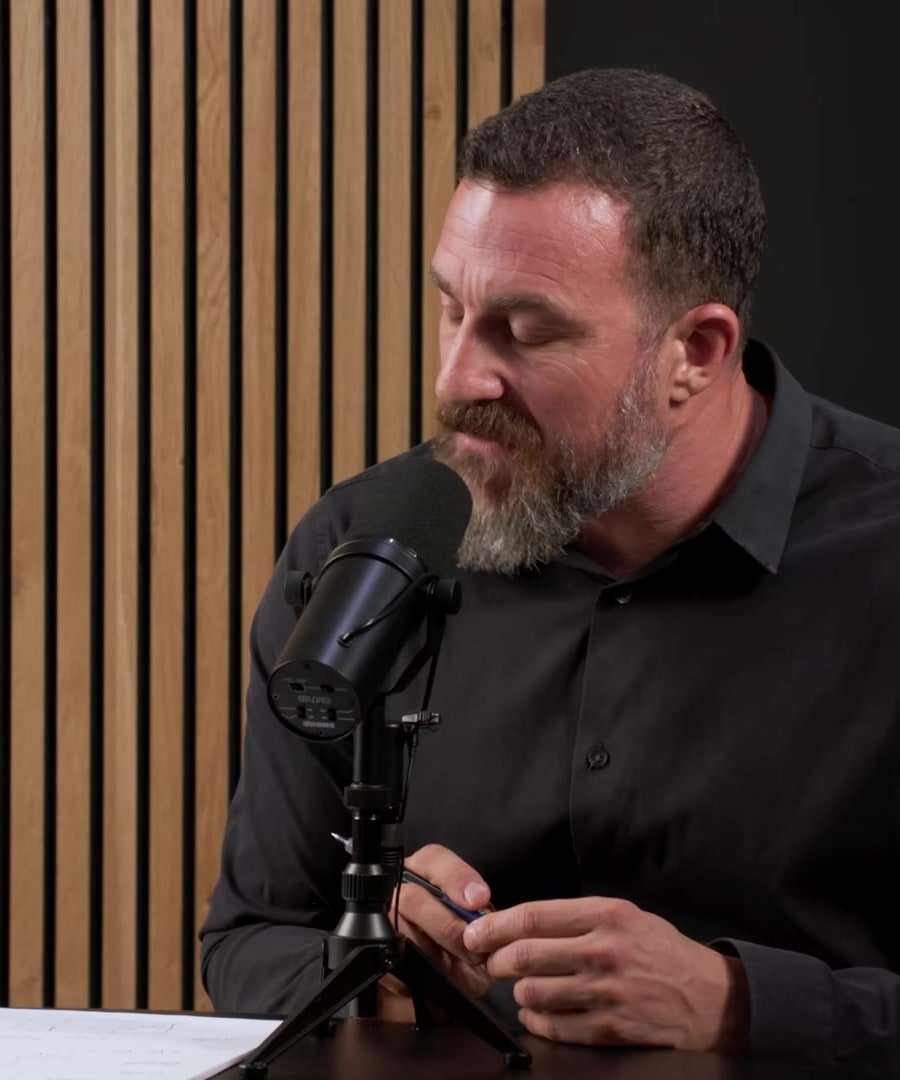Addiction
Sources:
The topic of addiction is richly explored on the , particularly in discussions about the neuroscience and various aspects of addiction recovery. Here are some key insights:
-
Commonality Across Addictions: Dr. Anna Lembke, featured on the podcast, explains that there is a wide range of addictions, from substance abuse to behavioral addictions like gambling and sex. She notes a common biological underpinning across these addictions, emphasizing that understanding our own and others' struggles with addiction is essential for treatment and recovery [1].
-
Addiction and Behavior: Addiction can lead to intense obsessions with activities that are rewarding, such as work. This illustrates the idea that addiction extends beyond substances to include behaviors that provide a high level of engagement and reward [2].
-
Neuroplasticity in Addiction: Dr. Robert Malenka discusses how addiction involves neuroplastic changes, suggesting that addictive substances cause significant alterations in brain reward circuitry. These changes enhance the sensitivity of neurons involved in the reward pathway, showing the deep impact of addiction on brain function [3].
-
Addiction to Recovery: Interestingly, addiction recovery communities can become a form of addiction themselves. This can be beneficial, as the social connections and support provide a positive alternative to past addictions. However, it can also be challenging for relationships outside these communities [4].
-
Addictive Properties of Sugar: Robert Lustig points out that sugar, specifically fructose, activates the brain's reward center similarly to drugs like heroin and cocaine, thus classifying it as potentially addictive. This highlights how dietary components can also contribute to addiction [5].
These insights reinforce the complex nature of addiction, which involves both biological and behavioral dimensions, affecting not just individual health but also social interactions and recovery processes.
RELATED QUESTIONS-
Addiction
- RELATED QUESTIONS




